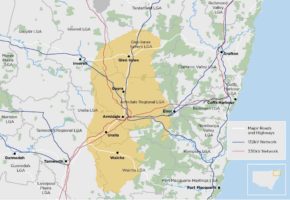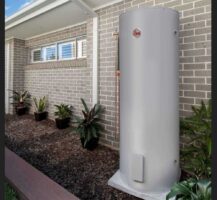French far-right presidential candidate Marine Le Pen has vowed to end all subsidies for renewable energy and tear down all France’s wind turbines, if she is elected the country’s next President.
The far-right National Front, recently renamed the National Rally, or Rassemblement National, is better known outside of France for its anti-immigration stance, and is led by Marine Le Pen, the daughter of one of the party’s founders, Jean-Marie Le Pen.
In comments on French commercial radio network RTL last week, Le Pen declared: “Wind and solar, these energies are not renewable, they are intermittent. If I am elected, I will put a stop to all construction of new wind parks and I will launch a big project to dismantle them,” according to Reuters.
#Energie : "J'arrête toute nouvelle construction de parc éolien et je lance un grand chantier pour les démonter", annonce @MLP_officiel dans #RTLMatin pic.twitter.com/5RoB4VHXYx
— RTL France (@RTLFrance) October 14, 2021
France’s next presidential election is due for April next year, and while incumbent President Emmanuel Macron maintains a steady lead in polls – and Le Pen has seen her popularity plummet in recent months – the far right remains a potential threat.
The last French election was held in April and May of 2017, when Macron’s En Marche! party handily beat Le Pen’s National Front, with 66% and 34% of the vote respectively.
However, in the 2019 European Parliament elections, the National Front walked away with 22 seats, one more than En Marche!
Le Pen said that if she were to win the presidential election, she would also fund a major upgrade of France’s already sizeable nuclear fleet and back the construction of small modular reactors – as has also been proposed by Macron.
France already generates around 75% of its national electricity from nuclear power plants and has an active anti-wind movement that has been backed by several conservative candidates.
Wind only generates 8% of French electricity, but France is currently aiming to build out 34GW worth of onshore wind by 2028, up from 18GW today.







